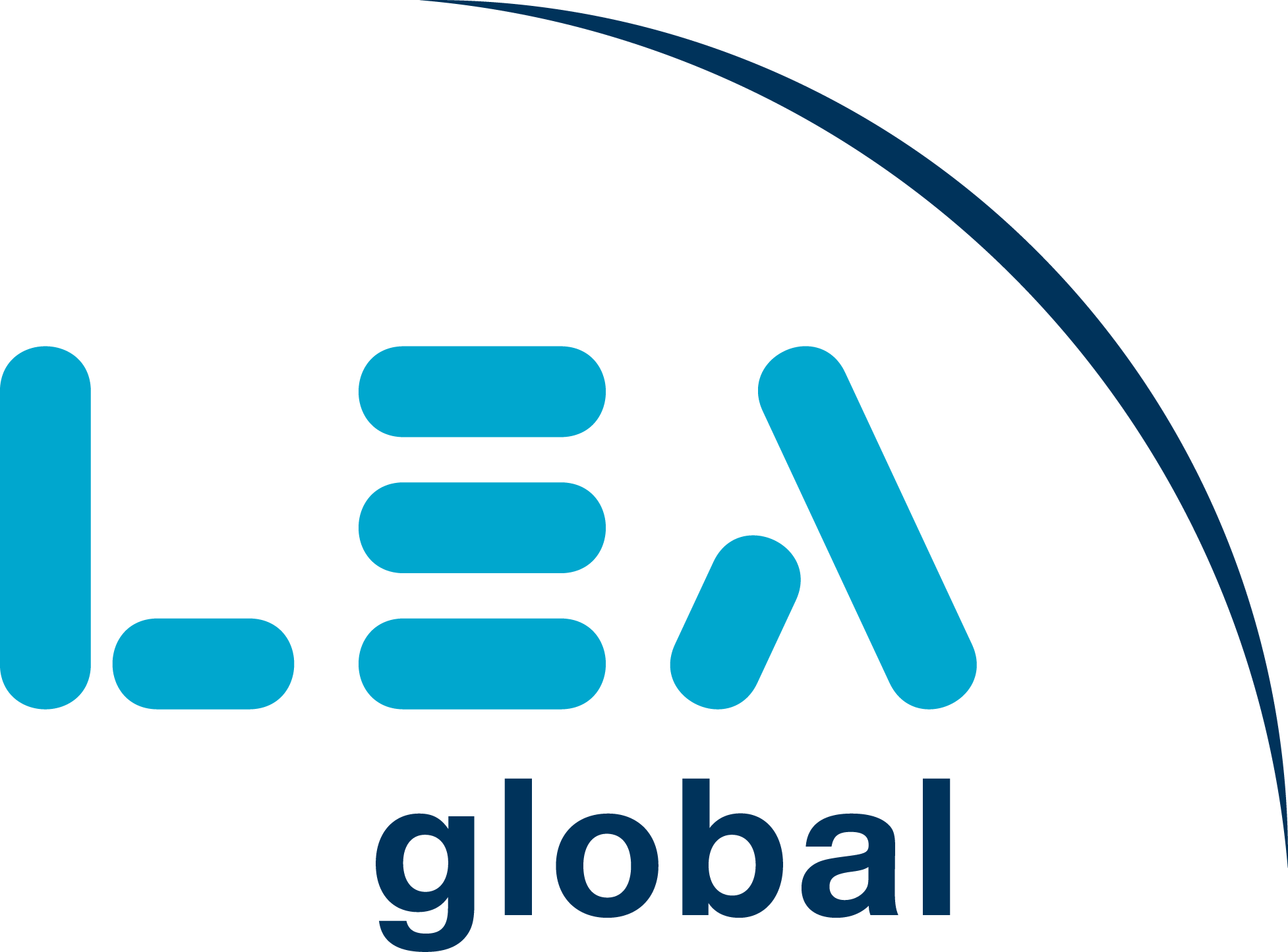Indonesia Passes Major Tax Overhaul Bill

Posted by ASEAN Briefing Written by Ayman Falak Medina
Indonesia’s parliament has approved the Harmonized Tax Law (HTL), which will overhaul the existing tax structure. Changes include an increase in the value-added tax (VAT) rate, a new carbon tax, scrapped plans to reduce the corporate income tax (CIT), and changes to the topline personal income tax (PIT) rate.
The new law aims to optimize tax revenue collection and compliance amid state revenues already battered to cover the costs caused by the pandemic, although some business groups have questioned the timing of the tax hikes, considering that economic recovery is still fragile. The bill could generate up to 250 trillion rupiah (US$17.5 billion) in tax revenue, equivalent to 1.5 percent of GDP.
Through the bill, the government hopes to return its fiscal deficit back to three percent of GDP by 2023 from an estimated 5.8 percent in 2021 and could reach 4.85 percent by 2022.
What are the changes in the Harmonized Tax Law?
Increase in the VAT rate
The law calls for the VAT rate for almost all goods and services to increase from the current 10 percent to 11 percent in April 2022 and to 12 percent by 2025. There was an earlier plan to waive the VAT exemption for basic goods and services, such as healthcare, education, food, and financial services, but this was dropped amid concerns it could hurt consumption and fan inflation.
Around 25 percent of Indonesia’s tax revenue or 298.84 trillion rupiah (US$20.9 billion) last year came from domestic VAT.
Changes in the topline personal income tax rate
The HTL has added a new 35 percent income tax bracket for individuals earning more than 5 billion rupiah (US$351, 000) per year.
Annual net income of up to 60 million rupiah per year (US$4,220) will be subject to a five percent tax rate, up from the previous threshold of 50 million rupiah (US$3,517).
The income tax brackets will be as follows:
- Up to 60 million rupiah (US$4,220) – five percent;
- Above 60 million rupiah (US$4,220) to 250 million rupiah (US$17,500) – 15 percent;
- Above 250 million (US$17,500) to 500 million rupiah (US$35,170) – 25 percent;
- Above 500 million rupiah (US$35,170) to 5 billion rupiah (US$351, 000) – 30 percent; and
- Above 5 billion rupiah (US$351, 000) – 35 percent.
Further, the government will integrate the national registry database with the taxation system whereby citizens would be able to use their national identification numbers (NIK) to replace their taxpayer-identification numbers (NPWP).
No changes in the corporate income tax rate
Through the HTL, the government has scrapped its plans to reduce the CIT rate to 20 percent for 2022 and has opted for it to remain at 22 percent. The rate is still lower than the average CIT rate in ASEAN (22.17 percent), G20 nations (24.17 percent), and the average rate in the Organization for Economic Cooperation and Development (OECD) countries (22.81 percent)
The new tax amnesty program
The government will launch a new tax amnesty program between January to June 2022 as a follow-up to its first one in 2016.
Under the program, assets obtained between 1985 to 2015 will be subject to an income tax of between 6-11 percent, while those obtained from 2016 to 2020 will be subject to a rate of between 12-18 percent.
The government will offer a lower rate to participants that invest in natural resource processing, government securities, or renewable energy for at least five years. During the first round of tax amnesties in 2016, Indonesia saw around one million taxpayers declare more than US$330 billion in assets, making the program one of the world’s most successful.
New carbon tax
Starting from April 2022, Indonesia will impose a carbon tax, which will see every kilogram of carbon equivalent emission that exceeds a specific cap subject to a 30 rupiah (US$0.21) tax.
The tax will be initially imposed on the coal-fired power sector before a gradual expansion of the carbon taxation sector. This is considered the first milestone in the government’s carbon tax roadmap. The government plans to develop a presidential decree on the carbon exchange mechanism as well as launching a pilot project for carbon trading in the energy sector.
About Us
ASEAN Briefing is produced by Dezan Shira & Associates. The firm assists foreign investors throughout Asia and maintains offices throughout ASEAN, including in Singapore, Hanoi, Ho Chi Minh City, and Da Nang in Vietnam, Munich, and Esen in Germany, Boston, and Salt Lake City in the United States, Milan, Conegliano, and Udine in Italy, in addition to Jakarta, and Batam in Indonesia. We also have partner firms in Malaysia, Bangladesh, the Philippines, and Thailand as well as our practices in China and India. Please contact us at asia@dezshira.com or visit our website at www.dezshira.com.


